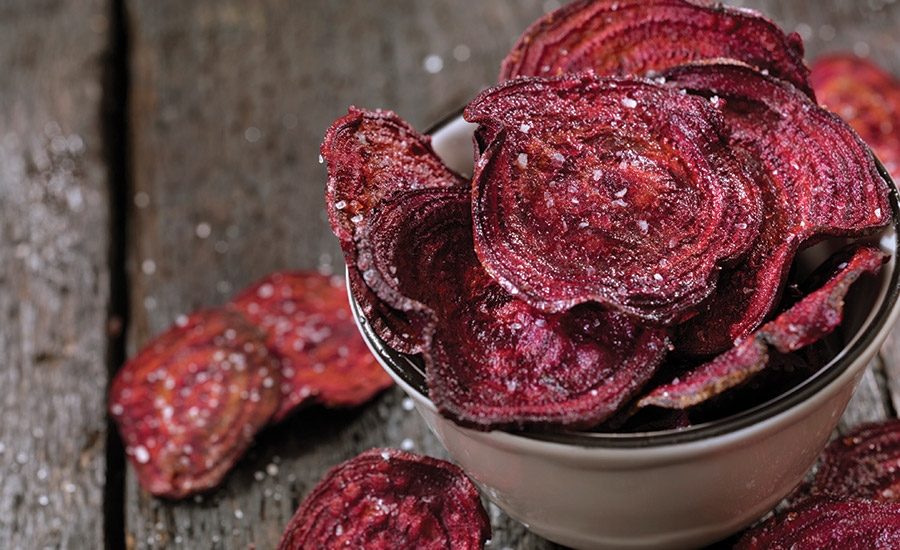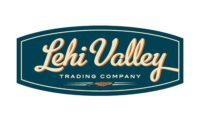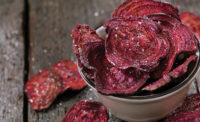By Karen Proper
Snacking is on the rise! As consumers turn to snacks to serve as meal replacements, they often choose multiple smaller snacks to satisfy their hunger. Likewise, snack items typically reflect a small expenditure, which further encourages consumers to make numerous purchases.
Private label products are providing high-quality, innovative and better-for-you snack food options to capitalize on this trend. New products—especially in the premium end of the category—have seen recent growth, and new introductions are a key way of maintaining consumer interest in the private brand sector.
However, as consumers are snacking more, they are also becoming increasingly interested in what is in their food, how it’s made and where it comes from. Add to that a desire for healthier, good-for-you, clean-label options, and brands have their work cut out for them.
Health and wellness
While consumers are enjoying increased snack consumption, they have not lost sight of diet and nutrition. Better-for-you ingredients, simplicity and the absence of preservatives and artificial ingredients are defining the health-and-wellness movement. Consumers are demanding nutrient-dense and functional food ingredients to satisfy their demand for snack products to deliver more than basic calories. The May 2016 FDA revisions to the Nutrition Facts label are helping consumers make more informed purchase decisions. The dramatically larger text size for “Calories” and the declaration of “Added Sugars” will make it easier for consumers to make healthier choices.
In response, brands are looking for ways to insert more healthful ingredients into their products, while keeping flavor a top priority. Natural, low-fat, high-quality snacks are taking the spotlight on retail shelves.
Vegetable-based ingredients and non-fried options are winning favor with today’s consumers. Products featuring fruits and vegetables, not historically seen in this sector, are making a successful debut in chips such as Terra’s Real Vegetable Chips, made with beets, parsnips and yucca—depending on the variety. Apple, pear, sweet potato, carrot, kiwifruit, beet, mango and parsnip chips, offered in a variety of seasonings, are examples of new entries in the chip category. Some of these new entrants contain antioxidants, providing anti-inflammatory properties in the body when consumed, fulfilling the desire for improved health benefits.
Products made with sprouted ingredients and ancient grains also continue to trend. Sprouted ingredients, including quinoa, flax and chia seed provide increased nutrients, improved nutrient absorption and also desirable flavor attributes. These sprouted grains and seeds—sometimes tied to claims of improved digestibility—are being incorporated into breads and other snacks and baked goods. Angelic Bakehouse as released sprouted-grain Bread Crisps made with a sprouted “mash” of whole-grains red wheat berries, quinoa, oat groats, rye berries, barley, amaranth and millet.
Ancient grains such as amaranth, chia, teff, kamut, freekeh and spelt have been in the human diet for thousands of years, but are also sharing a spot in the limelight today. Angie’s Artisan Treats, makers of Boomchickapop, has launched Boom Chicka Bites, ancient grains puffs featuring popped sorghum, corn and puffed amaranth. On the packaging, the product is described as “Ancient Grain Popcorn Clusters.” The company’s Boomchickapuff also incorporates ancient grains.
Ancient grains are perceived as more nutrient-dense than the traditional corn and wheat. Adding to their popularity is the fact that ancient grains contribute fiber to the diet, complement both sweet and savory applications, and often qualify for gluten-free diets.
Gluten-free
In 2013, the FDA issued a ruling for the threshold (20 ppm) of gluten within products to be labelled “gluten-free,” “without gluten,” “free of gluten” and “no gluten.” This regulation has helped consumers become better educated about the food they consume—especially in helping those with celiac disease avoid health issues.
The gluten-free market is still growing, but now also enjoying real estate in the more-conventional consumer space. Some consumers also perceive food with any “free-from” claims to be healthier, higher quality and less processed. Brands are aware of this perception and are capitalizing on this opportunity, expanding their popular “gluten-free” products to now also include claims such as “GMO-free,” “free of trans fats” and “free from artificial colors and flavors.”
Simply7 has realized the value of consumer perceptions and created several lines of chips made with ancient grains (quinoa), chickpea flour and lentils. These products are said to be free from gluten, GMOs, trans fat, artificial colors and flavors, and preservatives.
New product development for gluten-free, healthy products has traditionally looked to corn, rice, soy, pulses and oats, but less traditional replacements for wheat, including vegetables and legumes, are making an entrance into the market. Gluten-free products made with sweet potatoes and ancient grains boast added value by providing additional fiber, vitamins and other nutrients.
Clean label
Consumers have strengthened their resolve for healthier eating by demanding food products made with ingredients they can both pronounce and recognize. Now more than ever, the ingredient list plays a vital role in food-purchasing decisions. And less is more: the fewer the number of ingredients required to create a food product, the better. Additionally, consumers are unyielding in their expectations for uncompromised flavor, quality and cost—if a product does not deliver in all of these areas, some consumers simply will not buy it. We want the best of all worlds, and do not want to compromise.
Catering to these demands is not always easy. Preservatives and additives are perceived as unnatural and unhealthy, but removing these ingredients will impact the desired sensory attributes, shelf life and costs consumers have come to expect from their favorite food products. Sodium stearoyl lactylate (SSL) is a good example of an additive used in the breadmaking industry to improve dough characteristics during processing and to improve the quality and shelf life of the finished product. However, SSL is difficult to pronounce and its functional role is unfamiliar to consumers. As a result, the bakery industry has seen a reduction in the size of the market over recent years. If brands wish to regain this ground, they must focus on reducing the number of ingredients in their products, identifying natural sources of ingredients and incorporating healthful ingredients.
In response, bakery products once formulated with “difficult-to-pronounce” antioxidants such as butylated hydroxyanisole (TBA) and tertiary butylhydroquinone (TBHQ) are now replacing these ingredients with natural antioxidants from plant sources to extend product shelf life. Extracts from rosemary, green tea, acerola and licorice help maintain freshness and the desired flavor components.
Additionally, snack brands must address consumer health concerns related to the use of traditional sweeteners. Clean-label alternatives such as honey, maple sugar and agave nectar are more commonly considered as a replacement for high-fructose corn syrup to address this worry.
Consumers are eager to explore snack foods made with creative, new flavors and healthy, simple ingredients so they can feel good about the snacking decisions they make. They also expect high quality and great flavor at a reasonable price point. Consumers want to trust that the items they purchase contain the ingredients on the label and nothing else. They want to understand what is in their food, how it’s made and the origin of the ingredients. Building trust will be critical to building success and brands will need to deliver.
As these trends gain traction in the snack and bakery industry, manufacturers have a significant opportunity to take the lead by partnering with retailers to develop distinct, adventuresome private label lines that have the potential to grow into leaders in select snack and bakery categories.
Karen Proper has over 17 years of experience in the food industry. She is passionate about food research and development and has developed numerous products across a broad array of food categories. At NSF International, Karen is responsible for leading the product and process development team to achieve client’s food and beverage formulation, processing and commercialization goals. For more information, visit www.nsf.org.
For more insight into private label trends, see:




